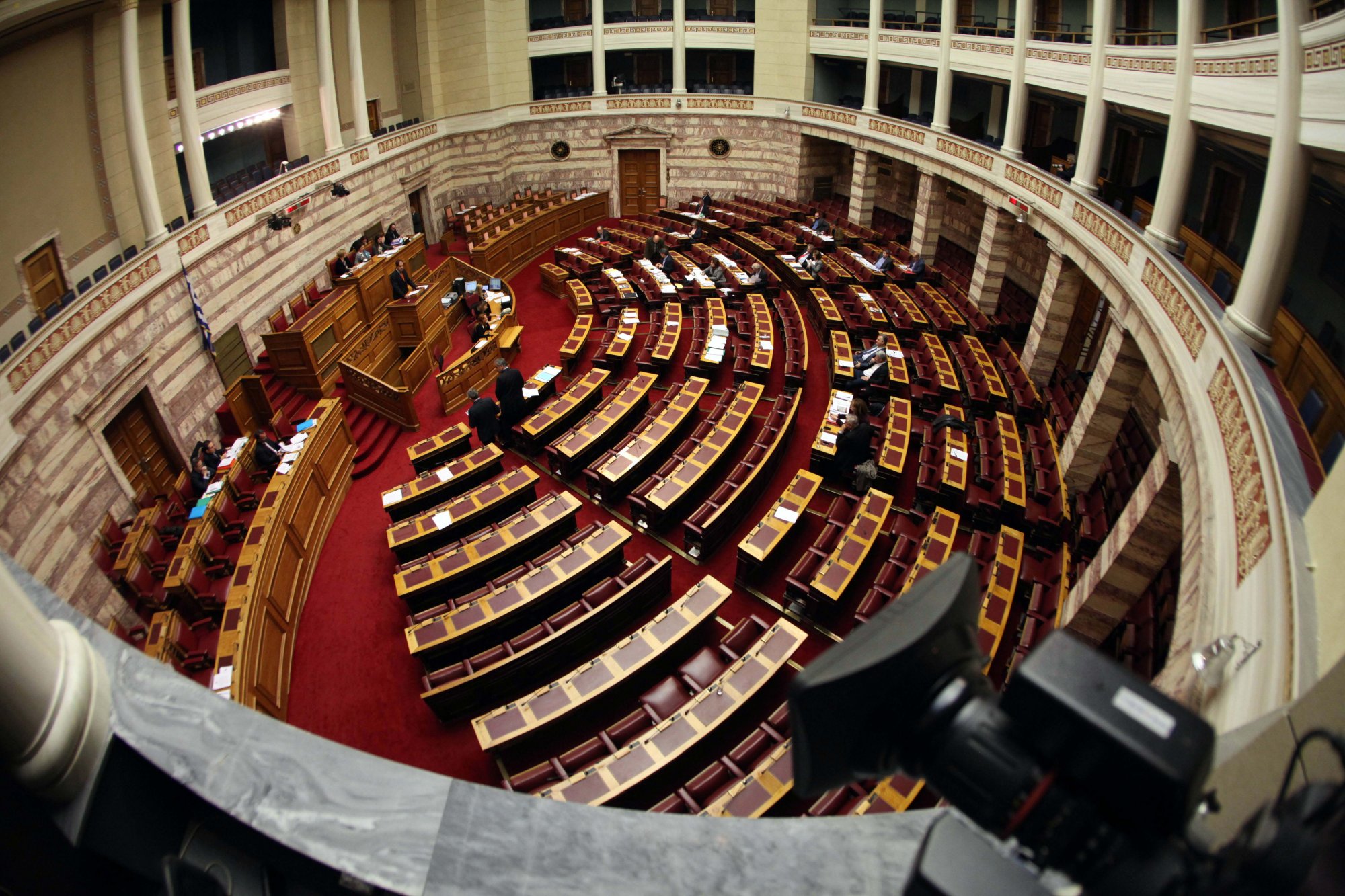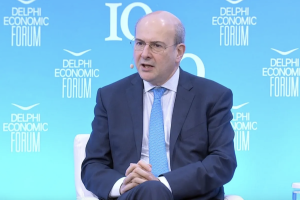The government will submit the Greek draft budget for 2025, on Monday, in the shadow of the war in the Middle East.
The budget, which was drawn up with oil prices standing at 80 dollars per barrel and 2.2% inflation, may be subjected to alterations due to the rise of the price of Brent crude oil following Iran’s attack on Israel.
The economy is expected to close this year with growth at around 2.2%, while for 2025, the target is slightly higher at 2.3% as outlined in the medium-term fiscal plan. The government aims for a primary surplus of 2.5% of GDP next year and is committed to a spending increase cap of 3.7 billion euros.
The draft budget incorporates special income support measures to around 2 million households before Christmas, as well as wage increases in the public and private sectors and tax cuts that will take effect in 2025.
More specifically, the income support measures include an increase in pensions raging from 2.2% to 2.5%, a salary increase across the public sector as well as the expansion of the performance bonus.
Further support measures include the increase in student housing allowance for regional universities to 2,000 euros annually from 1,500 euros as it currently is, and to 2,500 euros in cases of shared accommodation, starting from this academic year. There will also be a 20% rise in night shift compensation for uniformed personnel.
Amongst the tax relief measures included in the draft budget is a 1% reduction in social security contributions starting from Jan. 2025, the abolition of business tax for freelancers, income tax exemption for vacant properties that are rented out and the extension of the VAT exemption for new buildings.
Other tax cuts included in the Greek draft budget are the abolition of the fixed telephone fee (5%) for fiber optic connections (≥100 Mbps), the exemption from the 15% insurance tax on health insurance policies for children up to 18 years old and a 20% reduction in property tax (ENFIA) for homes insured against natural disasters.




